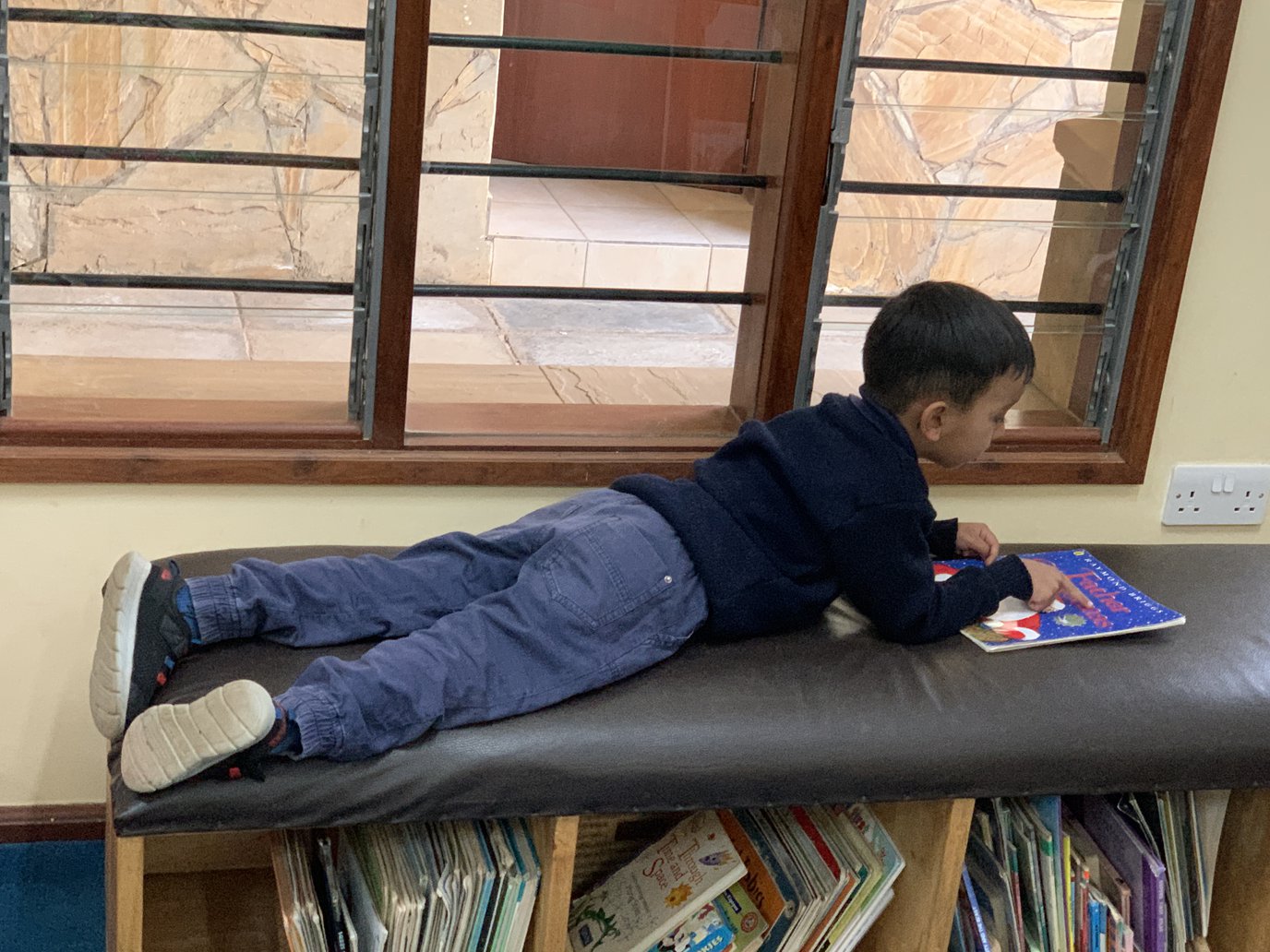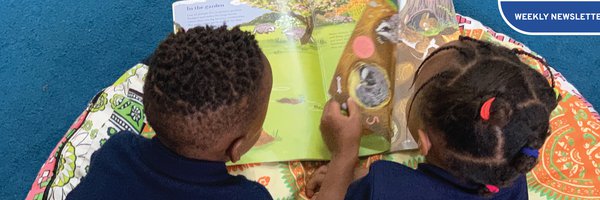
For the love of books!
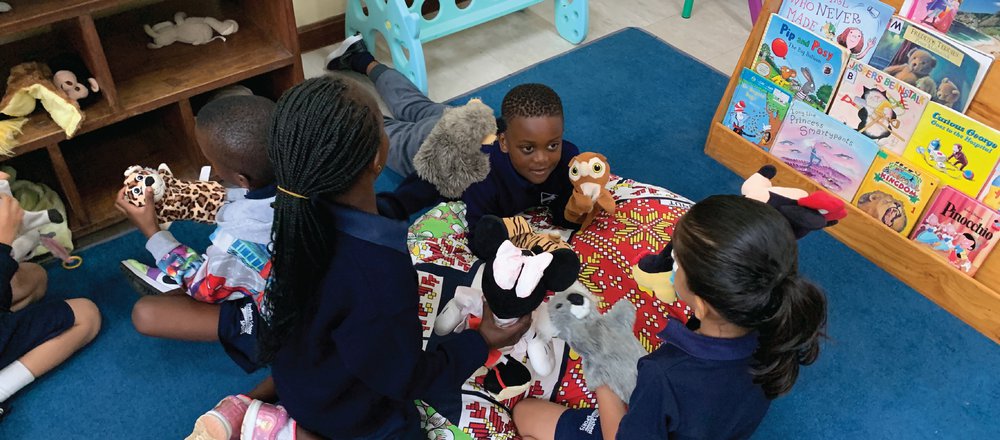
2nd February 2024
In the fast-paced digital age, fostering a love for reading in young children has become more crucial than ever. Library sessions for young children play a pivotal role in shaping their cognitive development, and language skills, and instilling a lifelong passion for learning. Let us explore the many benefits of library sessions, emphasising the importance of free reading, exposure to various types of literature, and the diverse range of books available in our libraries.
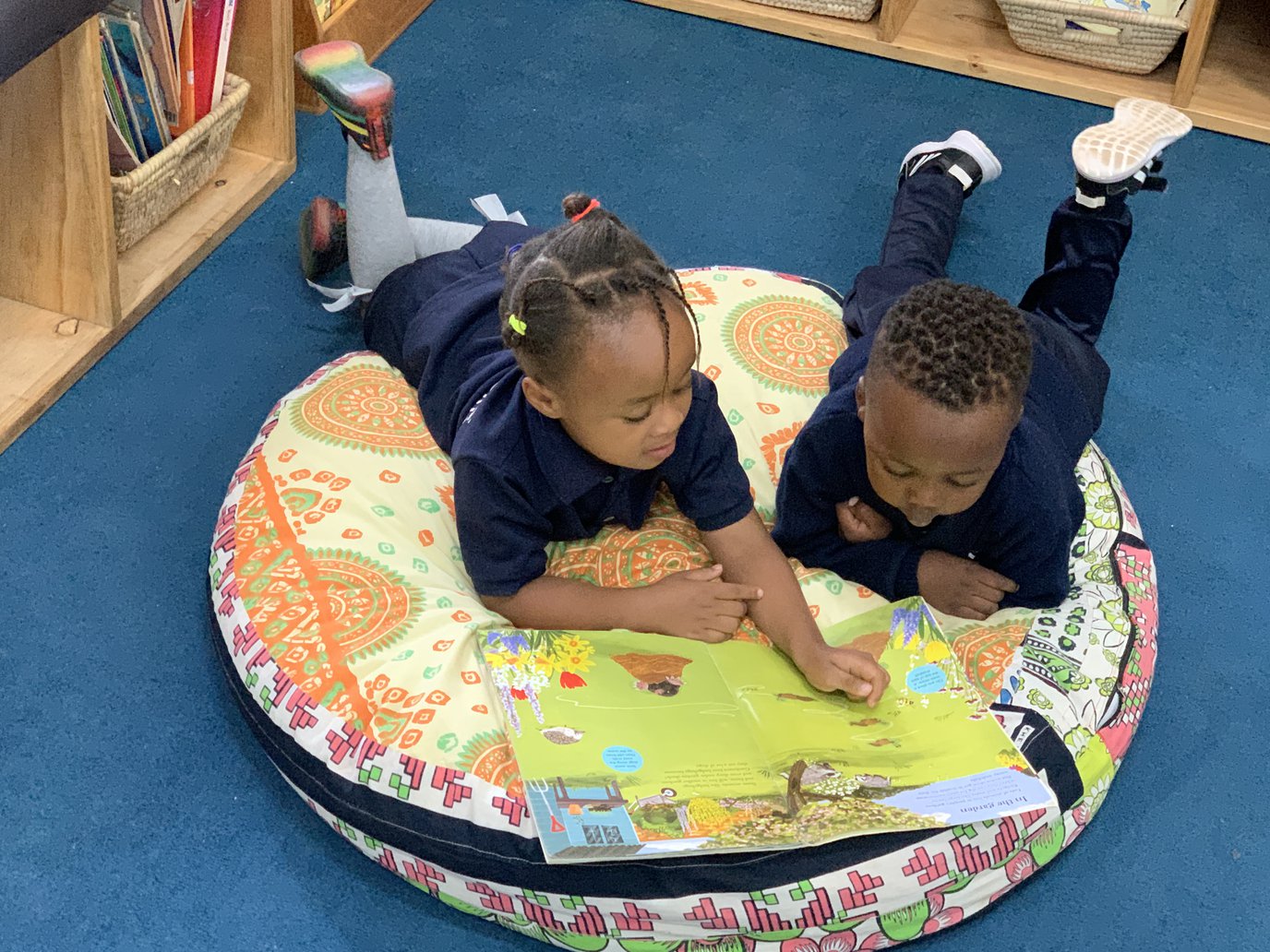
Free Reading and Creativity
Library sessions provide young children with the opportunity for free reading, allowing them to explore the world of literature at their own pace. This unstructured approach to reading stimulates creativity, imagination, and critical thinking. Free reading also encourages children to discover their personal preferences and interests, helping them develop a unique literary identity.
Our school libraries offer a diverse range of reading materials, including picture books, storybooks, graphic novels, and non-fiction literature. Introducing children to various types of reading not only broadens their knowledge but also enhances their cognitive abilities. Picture books, for instance, stimulate visual literacy and comprehension skills, while non-fiction books contribute to a deeper understanding of the world around them.
Engaging library sessions, storytelling activities, and interactive reading experiences create a positive association with books. When children find joy in reading, they are more likely to continue exploring literature independently.
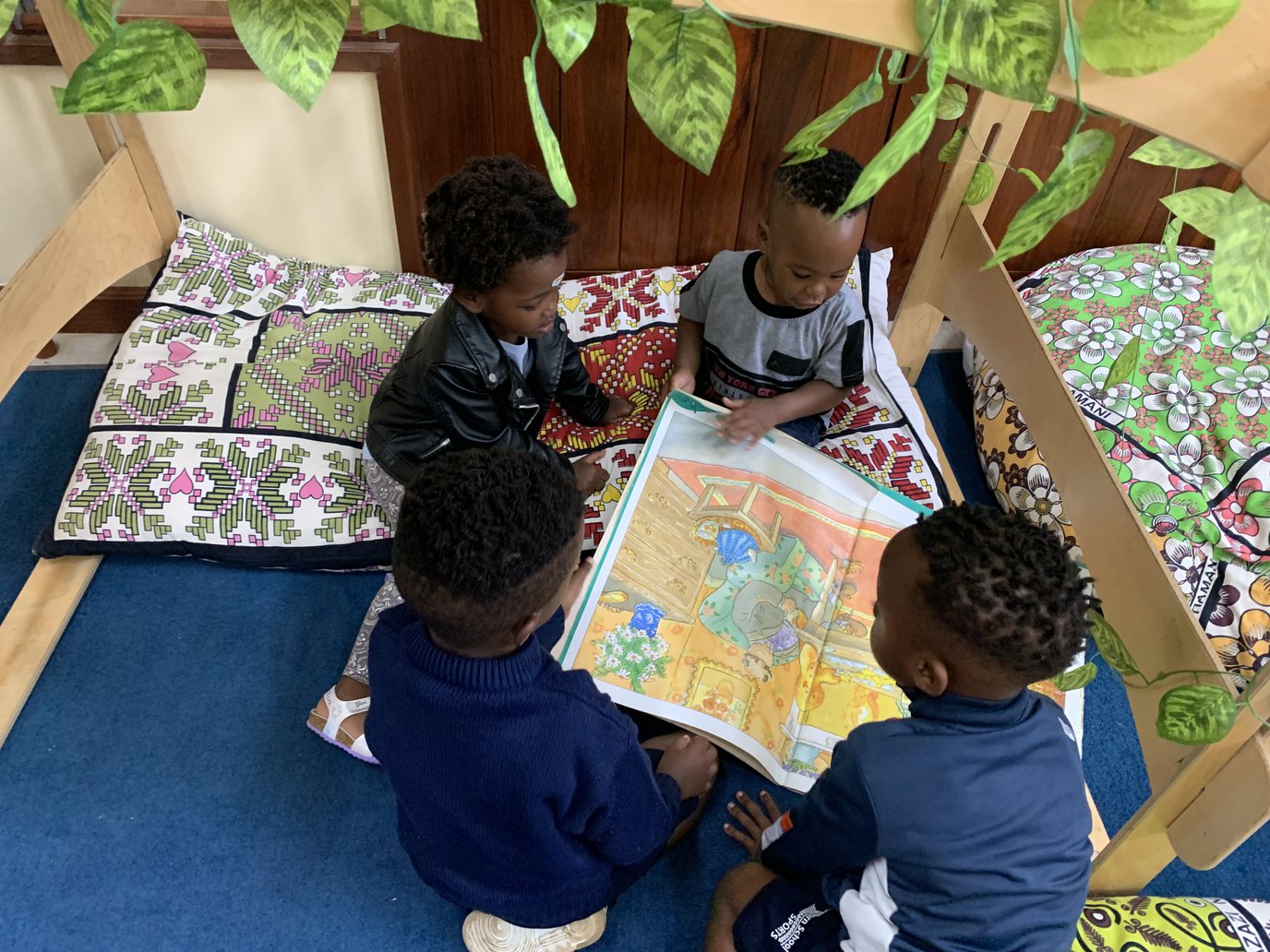
Building Literacy Skills
Library sessions contribute significantly to the development of literacy skills, including vocabulary expansion, comprehension, and language acquisition. Exposure to diverse books enhances language proficiency, helping children express themselves more articulately. Additionally, discussing stories with peers during library sessions fosters communication skills and encourages collaborative learning.
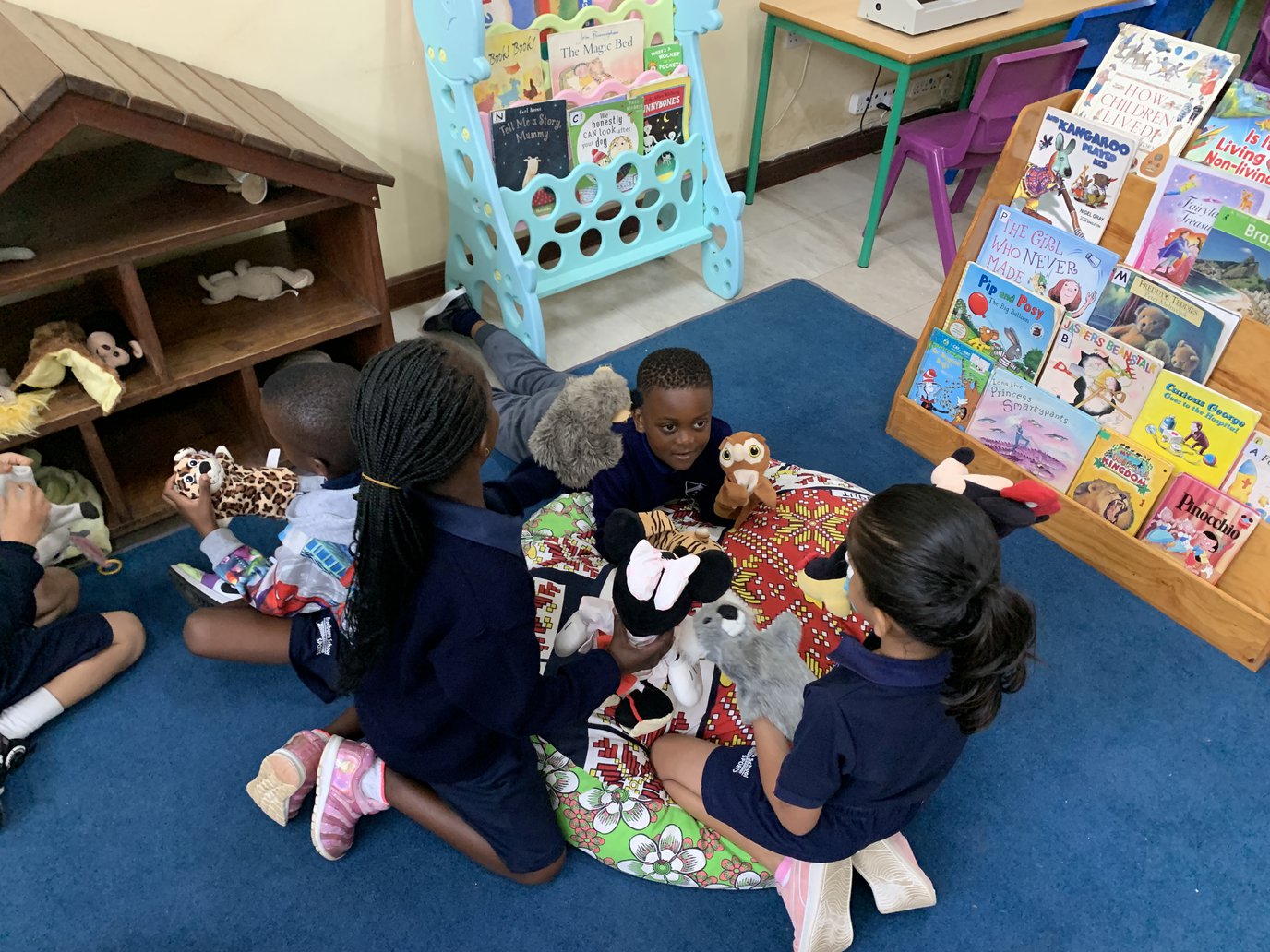
Library sessions for young children are a treasure trove of opportunities for intellectual, emotional, and social development. By promoting free reading, exposing children to diverse types of literature, and emphasising the importance of both fiction and non-fiction books, libraries become invaluable in nurturing a lifelong love for reading.
Article by Ms Kombe
Infants Lead
